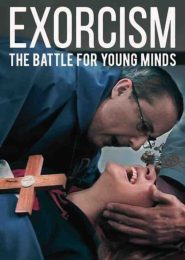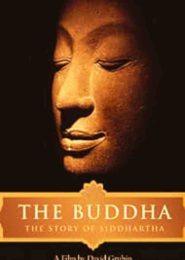Jesus Camp (2006)
The documentary Jesus Camp, released in 2006, provides an intimate look at the Kids on Fire School of Ministry, a summer camp in North Dakota. The camp, led by Becky Fischer, aims to instill evangelical Christian beliefs in children.
The film, directed by Heidi Ewing and Rachel Grady, captures the experiences of three children: Levi, Rachael, and Tory.
Levi, who has preached at his father’s church, is portrayed as a confident young preacher. He is homeschooled with a curriculum that includes young-earth creationism and views on climate change as political speculation.
Levi’s sermon at the camp emphasizes his belief that his generation is pivotal in bringing Jesus back.
Rachael, another camper, is seen praying over a bowling ball and evangelizing to strangers. She expresses strong opinions about non-charismatic churches, which she refers to as “dead churches,” implying they lack the spiritual vigor she associates with her faith.
Tory, part of a Praise Dance Team, grapples with ensuring her dance is an act of worship rather than a performance for personal satisfaction. The film portrays her internal conflict and her efforts to align her talents with her spiritual goals.
The documentary also touches on political activism within the camp. It shows children protesting against abortion and being taught to influence America’s future through their faith.
Interviews with figures like Ted Haggard, an evangelical pastor, and Mike Papantonio, a radio host critical of the movement, provide contrasting perspectives on the camp’s activities.
Jesus Camp sparked controversy and debate upon its release. It was nominated for an Academy Award for Best Documentary Feature and led to the camp’s closure due to the negative attention it received.
The film raises questions about the role of religion in politics and the indoctrination of children in religious beliefs.
The impact of Jesus Camp is significant, as it challenges viewers to consider the implications of deeply ingrained religious teachings on young minds and the broader societal consequences of such education.
The documentary remains a powerful and thought-provoking piece of cinema that continues to elicit strong reactions and discussions about faith and indoctrination.




